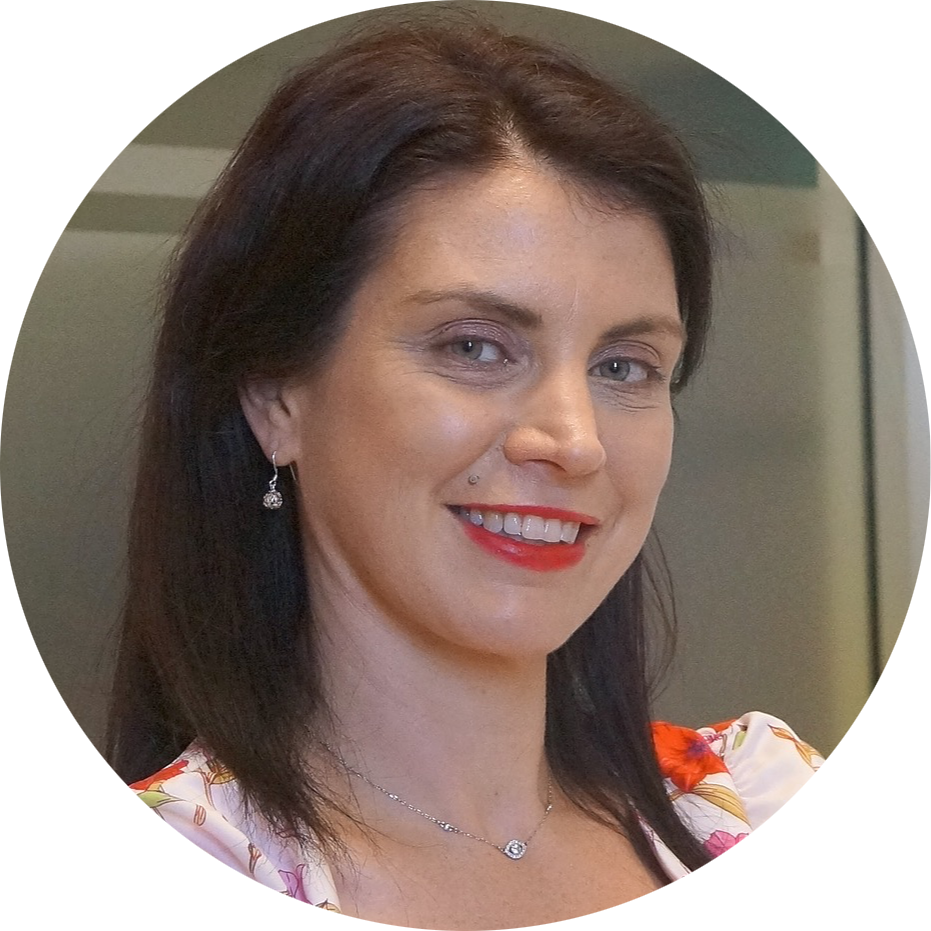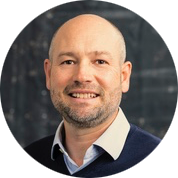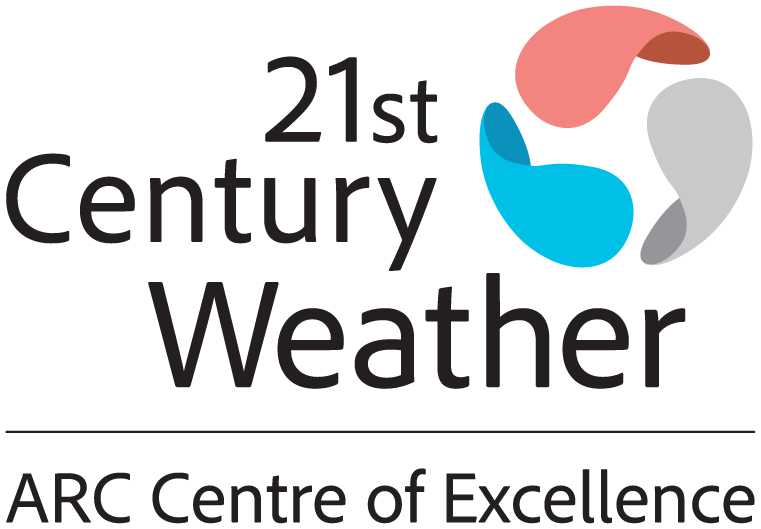The Climate of the Future: Can we handle the heat?
Event description
This is a hybrid event (in-person/live streamed)
As heatwaves grow more frequent and severe due to climate change, their effects on human health are becoming increasingly alarming. This event invites you to engage in a vital discussion on how extreme heat is impacting our bodies, communities, and healthcare systems.
Through this discussion, we will explore the science behind heatwaves and their growing intensity, the risks posed to public health—particularly for vulnerable groups—and the broader implications for society as global temperatures continue to rise.
Join us for a thought-provoking discussion on one of the most pressing health challenges of our time.
Networking drinks will follow the in-person event from 5:00pm to 6:00pm.
MC: | |
|---|---|
Melissa Lyne | |
 | |
Speakers: | |
Prof. Sarah Perkins-Kirkpatrick |
|
|
|
|
Professor Steven Sherwood Steven is a Professor at the Climate Change Research Centre of UNSW Sydney, having received a Ph.D. in 1995 from the University of California. He studies atmospheric processes, particularly storm-related processes, how they interact with water vapour and clouds, and how these relate to global warming. Steven has been an IPCC lead author, ARC Laureate Fellow, is currently a chief investigator in two ARC Centres of Excellence (Climate Extremes and 21st Century Weather) and co-lead the World Climate Research Programme Safe Landing Climates Lighthouse which seeks to identify pathways to a safe future climate. |
|
Professor Ollie Jay Ollie Jay is Professor of Heat and Health at the University of Sydney and Director of the Heat and Health Research Centre and the Thermal Ergonomics Laboratory in the Faculty of Medicine and Health at The University of Sydney. His research activities primarily focus on developing a better understanding of the physiological and physical factors that determine human heat strain and the associated risk of heat-related problems during work and/or physical activity, as well as among the general population during heatwaves. Ollie holds an NHMRC Investigator grant (Leadership Level 1) that focuses on building resilience to a warming planet across the human lifespan. Additionally, Ollie has led several large-scale projects that have directly influenced international public health heatwave policies. In 2021, Ollie co-led the first-ever Series on Heat and Health in The Lancet and has recently joined the Lancet Countdown global leadership team as Chair of Working Group 1, which focusses on Health Hazards, Exposures, and Impacts. |
|
Dr Jem Cheng | |
Organisers and Partners
Tickets for good, not greed Humanitix dedicates 100% of profits from booking fees to charity







